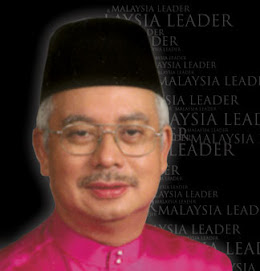The African Union (AU) has accused government and rebel forces in
South Sudan of extreme violence since the conflict erupted at the end of
2013.
A commission of inquiry found evidence of killings, torture,
mutilations and rape, mostly against civilians, as well as episodes of
forced cannibalism.
However, it specified that genocide had not been committed during the conflict.
Tensions remain, with a peace deal agreed between the government and rebels in August repeatedly broken.
Tens of thousands of people have died and another two million people
have been forced from their homes since the civil war began nearly two
years ago.
In its report, the AU said the commission, formed last year under the
chairmanship of Nigeria’s ex-president Olusegun Obasanjo, had identified
perpetrators of violence from both sides.
It documented details of brutal killings, abductions of woman and
sexual violence among other abuses, mostly committed against civilians
who were not taking part in the fighting.
“The commission believes that war crimes were committed in Juba, Bor,
Bentiu and Malakal,” the report said in reference to the key conflict
towns.
Some witnesses in the capital, Juba, told commission members that they
had seen people forced to drink the blood and eat the flesh of people
who had just been killed.
Media captionGrass and leaves is all one family with six children has
to eat in a village in Kaldak in South Sudan, as the BBC’s Yalda Hakim
reports
They spoke of seeing the perpetrators “draining human blood from
people who had just been killed and forcing others from one ethnic
community to drink the blood or eat burnt human flesh”.
The report also said that mass graves had been discovered by AU investigators.
The commission is urging an internationally backed, African-led court to bring to justice those responsible for the violence.
Despite the seeming ethnic nature of the conflict, the commission
said it found no reasonable evidence to prove that genocide had been
committed.
Those who committed the atrocities detailed in the report should be
brought to justice, presidential spokesman Ateny Wek Ateny told BBC
News.
However, he said there was “inconclusive evidence” that his
government was involved, and it was an allegation he “cannot accept”.
“I’m not categorically denying that there are limited violations that
individuals might have inflicted,” he said, adding those responsible
would be “brought to book”. However, he denied there were any
government-sanctioned human rights violations.
“It is not sanctioned by the government, it is the individual that might have taken the law into their own hands,” he said.
He said South Sudan will form its own commission of inquiry to investigate.
Prepared by : PeneranganPemudaSEREMBAN






No comments:
Post a Comment